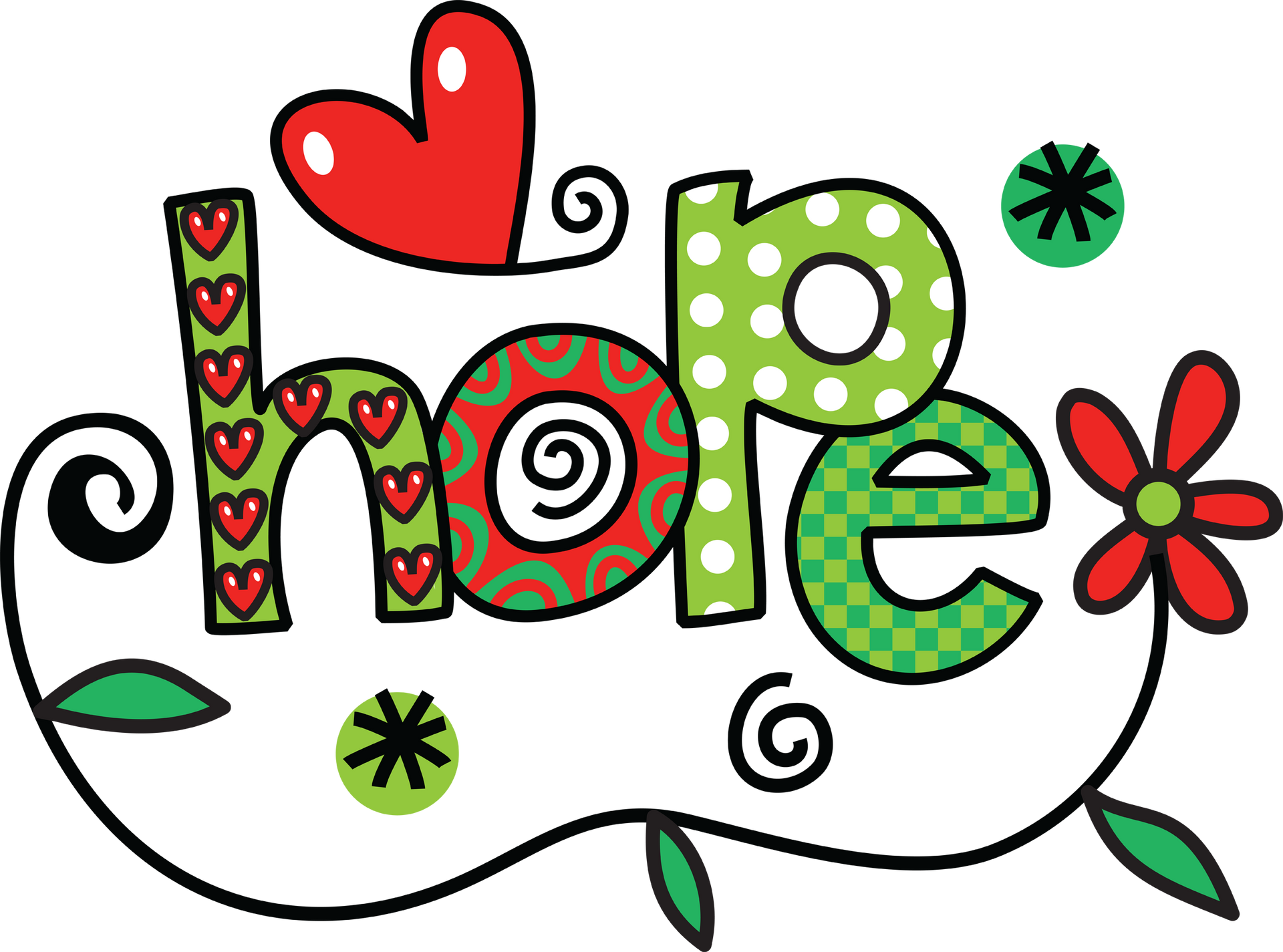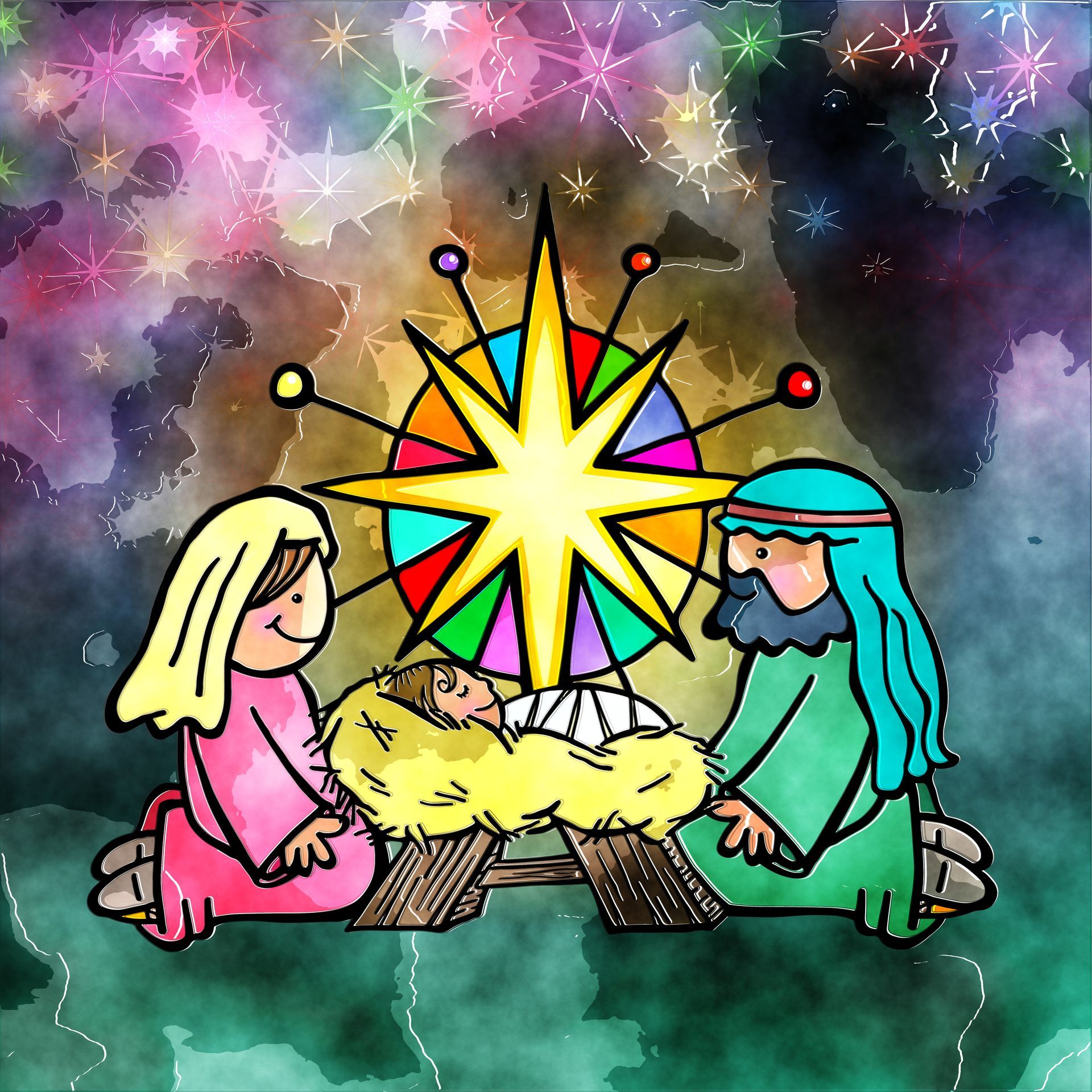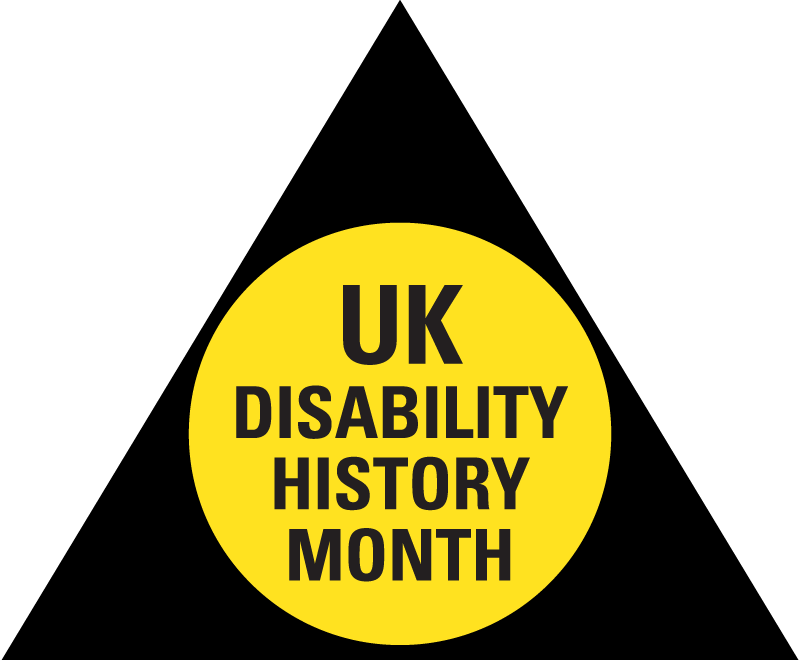Hope on a Blue Monday

Last Monday (15th Jan) was ‘Blue Monday’. The name given to the third Monday of the month, regarded to be the most depressing day of the year.
Sometimes, the fake social media ‘face’ we project doesn’t help.
I’m one of those people who really doesn’t like some of the stuff that goes around on social during the first few weeks of the New Year.
Such as; how many miles someone ran last year (above the target of course) and the new, even bigger target for 2024. Or, how many books someone has read - also with the bigger target for 2024.
It can be depressing to keep seeing this if you can’t do those things.
Then there’s the sickly sweet positivity memes all over the place - many pseudo Christian and most about looking after self.
These are often not as helpful as they seem!
Strangely, there were very few about being kind. Some about being grateful or having real hope.
A slight switch in topic now…but you’ll see where I’m going, so bear with me….
A long time ago, I gave up reading one of the last Harry Potter books. I can’t recall the name of it, but it’s the one that introduced the ‘dementors’. In my own words, they are creatures of some sort that suck all hope out of your being.
It struck too close to home for me, just because it described some of my (now passed on) family and friends - devoid of hope and filled with despair. Some of those friends took their own lives, such was the depths of despair.
My sensitive soul just couldn’t cope with reading it, so I threw it in the bin, unfinished.
I think one of the other things that got me was, it was a perfect description of some people, organisations and media outlets.
Some of them are dementors.
But many media outlets are the epitome of the dementor.
They continue to make even normal news something terrible - the words they use for things are the extreme; if someone was a bit upset, they say ‘distraught’. A minor happening in a wealthy country is a major calamity. People suffering an inconvenience with their holiday are no longer angry about it, they are traumatised.
Everything is crisis and trauma, which scares many and sucks hope from their hearts, souls and minds. It also minimises those who are experiencing real crisis and trauma.
Where is the hope? Where is the gratitude? Where is the joy?
This ‘Hope’ is not about wishing, such as ‘I hope it doesn’t rain’.
This is hope built on the solid foundation of what we know to be true, even if we can’t see it in our tougher times.
We have hope because of Jesus.
I may have hope that one day I might be able to read a book printed on paper - or even an ebook! But that’s wishful thinking.
In a parallel universe I might hope to run a marathon, even though I had no interest in that before I used a wheelchair! But it would still be wishful thinking.
I have a hope that God will be with me, that the holy Spirit will comfort and guide me, that I can ‘turn my eyes upon Jesus’ (to quote an old chorus). This is true hope, it isn’t wishful thinking.
The things in my brain as we consider 2024 are hope, thankfulness and Joy. No resolutions, no expectations and no wish list… other than being hopeful, thankful and Joyful, all because of Jesus.

Follow us on social media for new posts and news.
You can also keep up to date with our news updates using the 'updates' tab. Just hover your cursor over the word 'Updates' and the dates of each one will appear - just click on the one you want!
Copyright © Oriana Training and Resources. All Rights Reserved.








